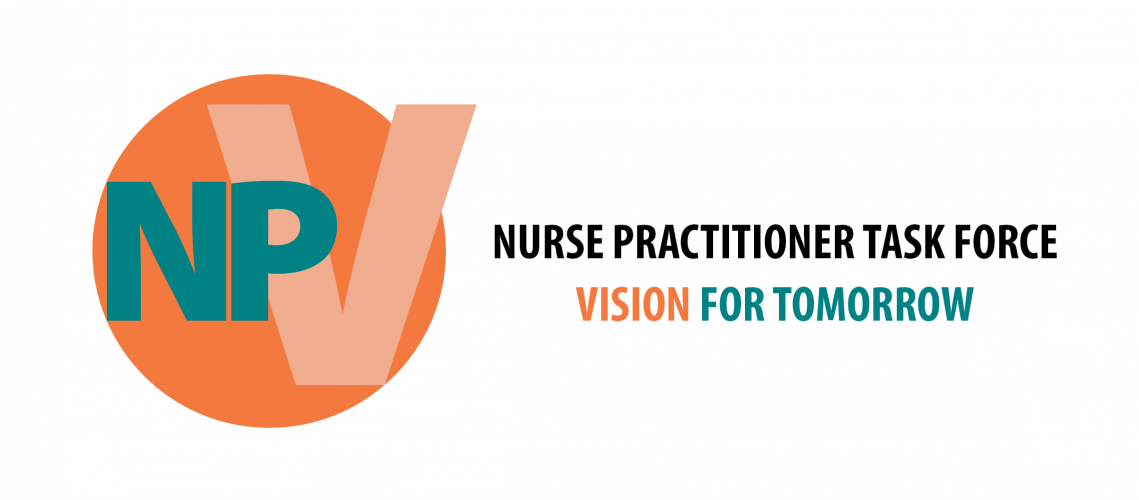
David* is an NP at a walk-in clinic in his area. Early in the COVID-19 pandemic, he met Jane, a young mother of two who called the clinic to talk with him about a concerning discharge and palpable lumps in her breasts. A few months prior, she had seen her primary care provider (PCP) with the same concerns and was ordered a mammogram, ultrasound and swab sample. The results indicated “inadequate sample” on the swab, and the mammogram came back clear. The ultrasound was cancelled as a result.
David asked to see Jane in person since her PCP was not taking new appointments during the pandemic. Based on her family health history, David ordered a new swab sample and requested breast and pelvic ultrasounds. One week later, the results of the breast and pelvic ultrasounds showed masses suspicious for malignancy.
David’s scope of practice as an NP restricted him from doing more for Jane. He had little choice but to immediately contact her PCP for urgent follow-up. Jane was already possibly four months into a cancerous disease process. An expanded scope of practice for this NP could have been the difference between Jane receiving the immediate care she needed and the troubling trend of even more unnecessary and potentially life-altering delays.
Unfortunately, this story is not unique. It is just one example of why scope limitations for NPs need to be reviewed and revised to allow these nurses with advanced skills and expertise to provide the kind and quality of care they are educated to provide. The impact is a stronger health system and better population health outcomes.
RNJ ACCESS
You are only one quick step away from full access to all RNJ content.
Already an RNAO member? Log in
